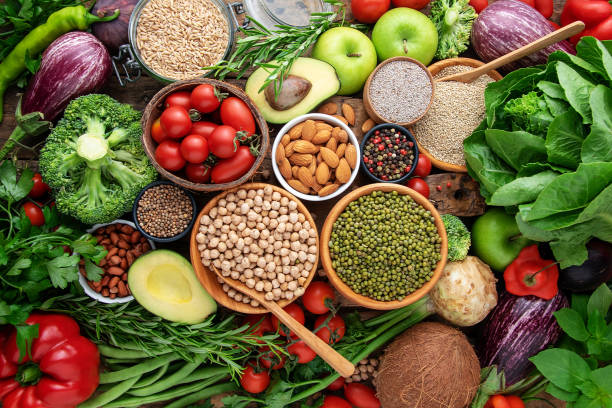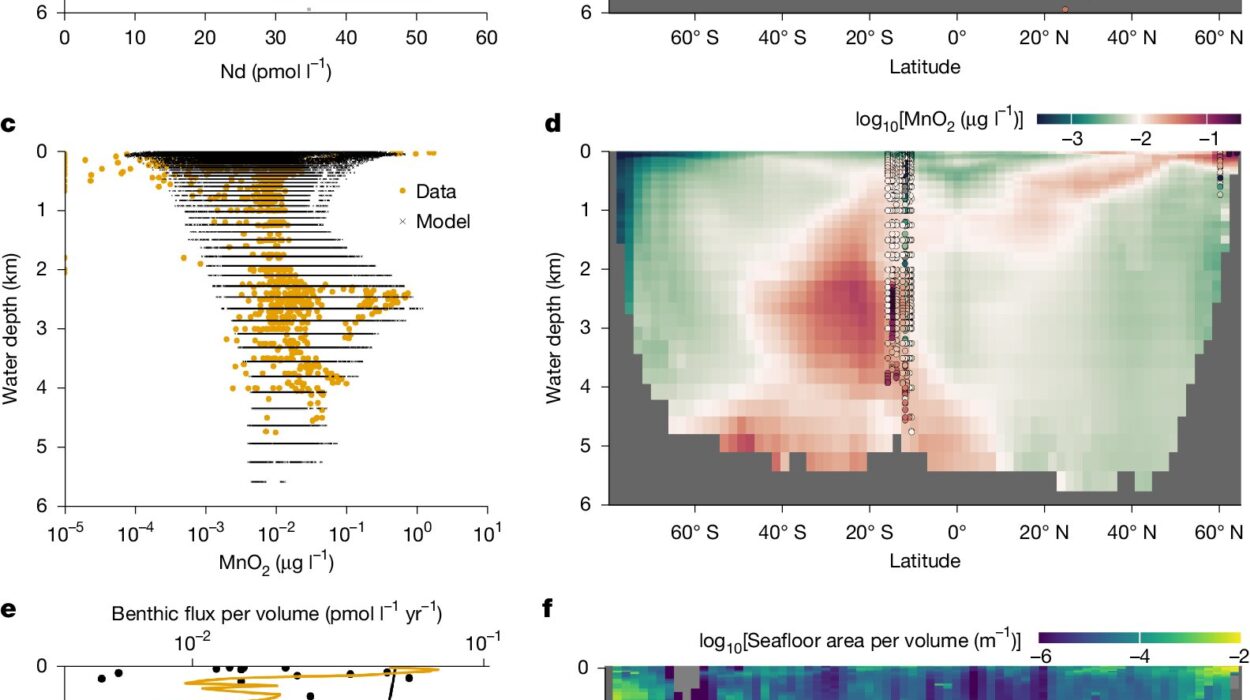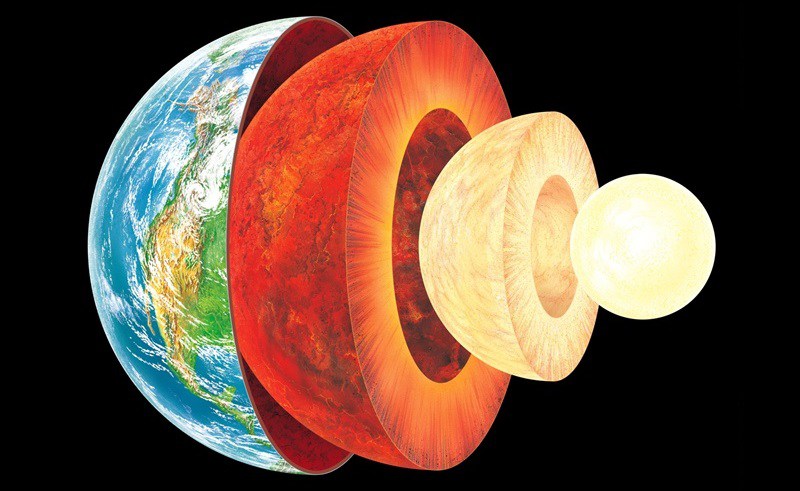Once considered a niche lifestyle, veganism is quietly becoming a global movement. Only around 1.1% of the world’s population currently follows a fully vegan diet, but that number is climbing fast. In Germany, for example, the number of vegans doubled between 2016 and 2020 to reach about 2% of the population. The United Kingdom has seen an even more dramatic rise, with veganism reportedly growing 2.4-fold between 2023 and 2025—now representing 4.7% of its citizens.
For many, the motivation is personal: better health, more energy, and a lower risk of chronic disease. Studies show that switching from a typical Western diet to a vegan one can reduce the risk of premature death from noncommunicable diseases by 18% to 21%. Yet the reasons go far beyond the human body. As climate change intensifies, deforestation spreads, and water supplies shrink, people are recognizing that what we eat doesn’t just shape our health—it shapes the health of the entire planet.
A groundbreaking new study published in Frontiers in Nutrition has now put numbers to that truth. For the first time, scientists have precisely measured how much plant-based diets reduce greenhouse gas emissions, land use, and water consumption—while still providing nearly every essential nutrient humans need. The results are striking.
Measuring the Real Impact of What We Eat
Dr. Noelia Rodriguez-Martín and her team from the University of Granada and the Spanish National Research Council set out to answer a deceptively simple question: How much difference does it really make to eat plants instead of meat?
To find out, they built four detailed, nutritionally balanced diet plans—omnivorous, pesco-vegetarian, ovo-lacto-vegetarian, and vegan. Each plan provided 2,000 calories per day and included breakfast, snacks, lunch, and dinner. The meals were designed based on official dietary recommendations from Spanish and international health authorities to ensure fairness and accuracy.
The baseline was a classic Mediterranean diet—rich in fruits, vegetables, grains, and olive oil, but also including moderate amounts of meat, fish, and dairy. The other three diets gradually removed animal products: one kept fish and seafood, one kept eggs and dairy, and the vegan version eliminated all animal-derived foods, replacing them with tofu, soy yogurt, tempeh, legumes, seeds, and nuts.
The team then analyzed the nutritional value and environmental impact of each diet using extensive public databases, including the Spanish BEDCA and the U.S. Department of Agriculture’s FoodData Central. They looked not just at calories, proteins, and fats, but also at 22 essential nutrients like iron, calcium, selenium, and the various forms of vitamin B.
But the truly groundbreaking part of their research came from the ecological data. Using the AGRIBALYSE 3.1.1 database—a comprehensive global model for food production—the scientists assessed each diet’s total environmental footprint. This included greenhouse gas emissions, water use, land occupation, ozone depletion, and even impacts like eutrophication (the pollution of water systems by nutrient runoff).
A Diet That Reduces Emissions Almost by Half
The results were crystal clear: the more plant-based the diet, the lower the environmental cost. Moving from the Mediterranean baseline to a vegan diet reduced daily carbon dioxide emissions by a remarkable 46%. That’s the equivalent of cutting nearly half the climate impact of what you eat every single day.
In practical terms, the omnivorous diet emitted about 3.8 kilograms of CO₂ per day, compared to just 2.1 kilograms for the vegan menu. Even the intermediate diets showed measurable gains, with the pesco-vegetarian diet emitting 3.2 kilograms and the ovo-lacto-vegetarian 2.6 kilograms.
Water consumption followed a similar pattern. Switching from an omnivorous to a vegan diet reduced water use by about 7%, from 10.2 cubic meters to 9.5 cubic meters per day. Land use dropped even more dramatically—by 33%—as fewer animals meant fewer farms and less feed production.
Perhaps most impressively, the vegan diet scored more than 50% lower on a range of ecological indicators, from climate-related pollution to soil degradation and ecosystem toxicity. In short, eating plants doesn’t just cut emissions; it protects the land, the water, and the delicate systems that sustain all life on Earth.
The Health Benefits of Going Green
What about nutrition? Critics often argue that plant-based diets lack key nutrients, but the study strongly challenges that assumption. According to the team’s findings, all three plant-based menus—the pesco-vegetarian, ovo-lacto-vegetarian, and vegan—were nutritionally complete.
With the right variety of foods, these diets supplied adequate amounts of protein, healthy fats, vitamins, and minerals for both men and women across age groups. Only three nutrients—vitamin D, vitamin B12, and iodine—required a bit of extra attention, something easily managed with fortified foods or supplements.
The researchers also noted a significant decrease in disease incidence among those following plant-based diets. The vegan plan, in particular, was linked to a greater than 55% reduction in the risk of chronic diseases compared to the omnivorous baseline. In essence, the foods that nourish the planet also nourish our bodies.
A Planetary Health Connection
Dr. Rodriguez-Martín summarized the findings simply: “When we compared diets with the same amount of calories, we found that moving from a Mediterranean to a vegan diet generated 46% less CO₂, used 33% less land, and 7% less water, while still providing nearly all essential nutrients.”
The study highlights an important truth about modern food systems: what we choose to eat is one of the most powerful individual actions we can take against climate change. Every meal is a vote—for the planet, for biodiversity, and for future generations.
This connection between human and planetary health is becoming increasingly urgent. Livestock farming alone accounts for nearly 15% of global greenhouse gas emissions and consumes about 80% of all agricultural land, even though it provides less than 20% of the world’s calories. A widespread shift toward plant-based diets could dramatically reduce this imbalance.
The Power of Small Steps
Still, the researchers are careful not to demand perfection. Not everyone is ready—or able—to go fully vegan overnight. The message of their work is one of encouragement, not guilt.
As Dr. Rodriguez-Martín explains, “You don’t need to go fully vegan to make a difference. Even small steps toward a more plant-based diet reduce emissions and save resources. Every meal that includes more plants helps move us toward healthier people and a healthier planet.”
This means that even replacing a few meat-based meals each week with plant-based alternatives—such as beans, lentils, or tofu—can make a measurable impact. These gradual changes, multiplied by millions of people around the world, could reshape our global food system into something far more sustainable.
A Future Built on Balance
The rise of veganism is more than a dietary trend—it’s part of a growing movement toward mindful living. As science continues to link food choices to planetary health, it’s becoming clear that the solutions to some of our biggest global challenges might begin on our plates.
Plant-based diets demonstrate that caring for the planet and caring for ourselves are not separate goals. They are two sides of the same coin. When we choose meals that come from the earth rather than at the expense of it, we contribute to a future that is both sustainable and compassionate.
The Seeds of Change
The story of veganism is ultimately a story of connection—between people, animals, and the planet that sustains us all. The data shows that our choices matter, not just in the abstract, but in measurable, life-saving ways. Reducing emissions, saving water, protecting ecosystems, and improving human health are all part of one intertwined system.
The shift may seem slow now, but every movement begins with small ripples. As awareness spreads and accessibility improves, those ripples are turning into waves of change. The growing number of people choosing plant-based diets—whether for a day, a month, or a lifetime—represents a quiet revolution rooted in empathy, science, and hope.
And perhaps that’s the most powerful part of all: the idea that something as simple as what we eat can help heal both our bodies and our planet.
More information: Nutrient Adequacy and Environmental Foot-Print of Mediterranean, Pesco-, Ovo-lacto-, and Vegan Menus: A Modelling Study, Frontiers in Nutrition (2025). DOI: 10.3389/fnut.2025.1681512






